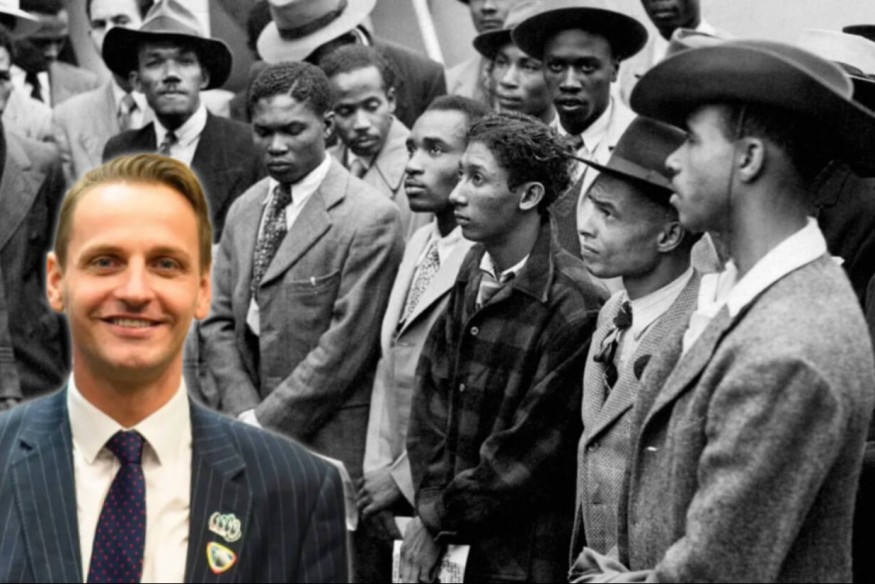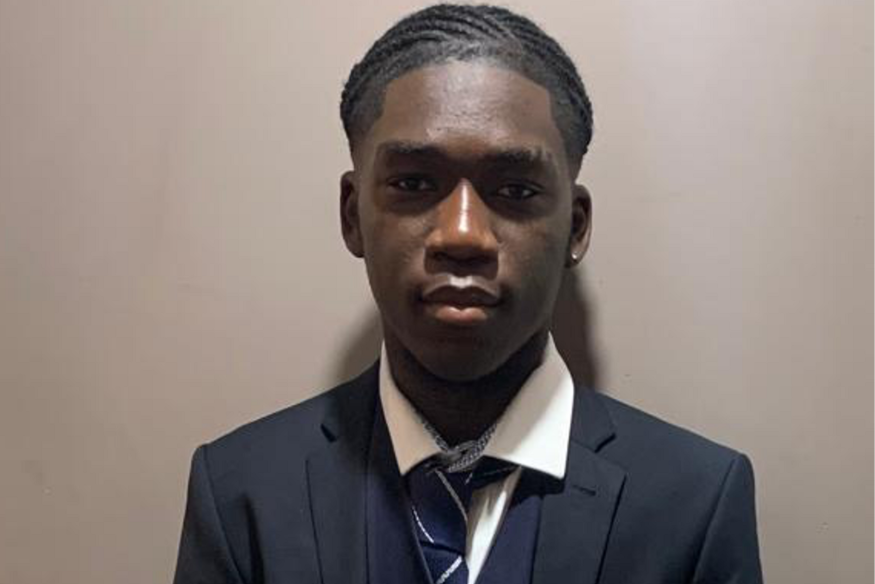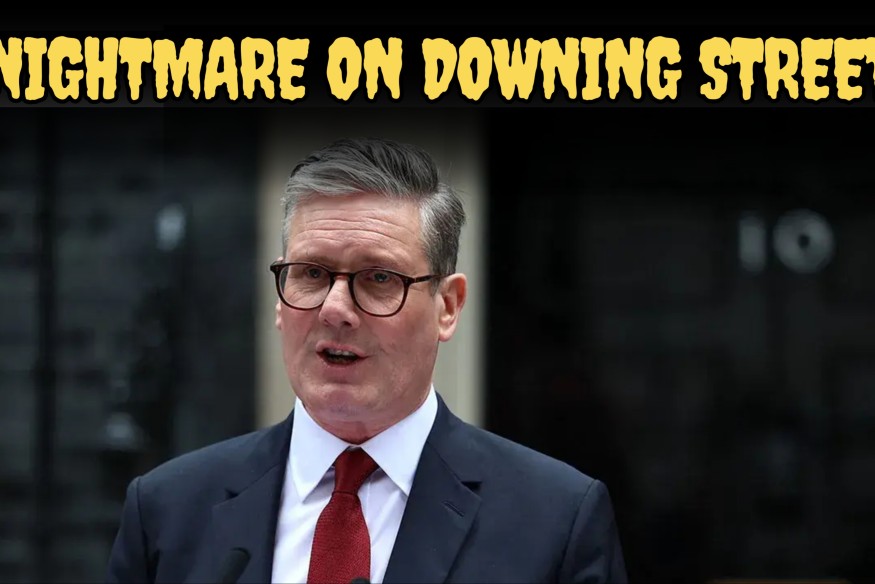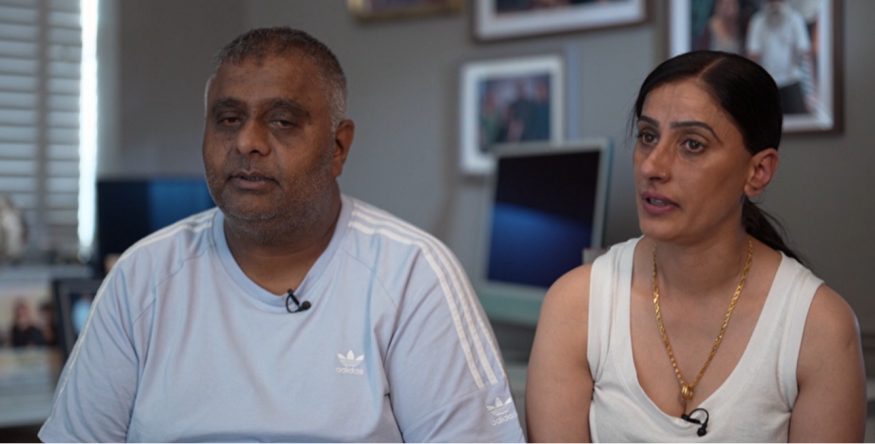
July 08, 2025
Harinder Butoy, the man believed to have served the longest prison sentence of any sub-postmaster wrongly convicted in the Post Office Horizon scandal, gave a powerful interview on BBC Breakfast this morning, describing how the ordeal “destroyed” his life.
Butoy, who spent over five years in prison after being falsely accused of theft and false accounting, said he lost his home, his family, and his mental health as a result of the wrongful conviction. “I was treated like a criminal, but I was just doing my job,” he told the programme. “I lost everything.”
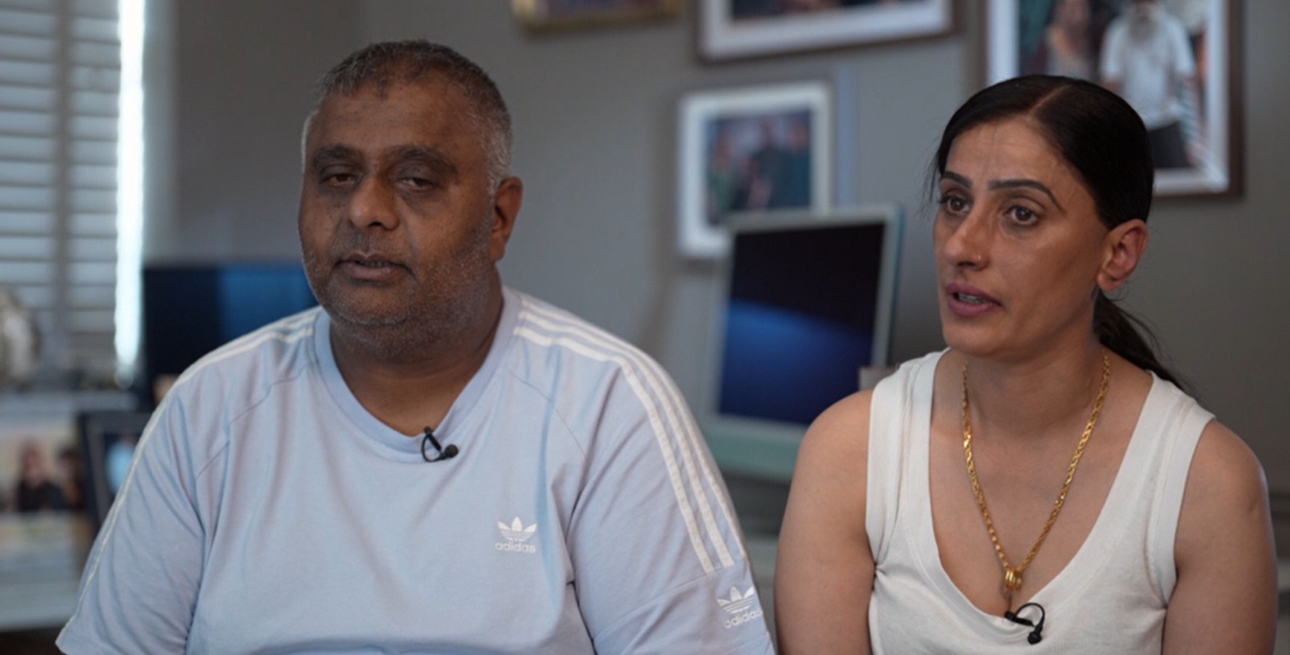 Credit: BBC Breakfast - Harinder Butoy (left)
Credit: BBC Breakfast - Harinder Butoy (left)
He added: “They should be sent to jail the way they sent me to jail. I want to see them behind bars.”
His testimony comes just hours before the long-awaited publication of the first volume of the Horizon IT Inquiry’s final report. The report, due at 12pm today, will focus on the human impact of the scandal and the effectiveness of the compensation schemes set up to redress it.
More than 900 sub-postmasters were prosecuted between 2000 and 2015 based on faulty data from the Horizon accounting system, developed by Fujitsu. Many were imprisoned, bankrupted, or driven to suicide. The scandal has been described as the worst miscarriage of justice in British legal history.
Advertisement
Despite government promises of redress, victims say the process has been slow, retraumatising, and riddled with bureaucracy. According to The Telegraph, just 514 payouts were made in June—down from 612 the previous month—despite thousands still awaiting compensation.
Campaigners including Sir Alan Bates and Jo Hamilton have called for the government to be stripped of its control over the redress schemes, arguing that the Department for Business and Trade cannot be trusted to fairly compensate victims of a scandal it was complicit in.
Later today, retired judge Sir Wyn Williams, chair of the inquiry, will deliver a public statement following the report’s release. Victims and their families are expected to gather in Westminster to hear the findings.
For Harinder and hundreds like him, today’s report is more than a document—it’s a reckoning.
“We want justice, not just money,” he said. “We want the truth to be told, and those responsible to be held to account.”

